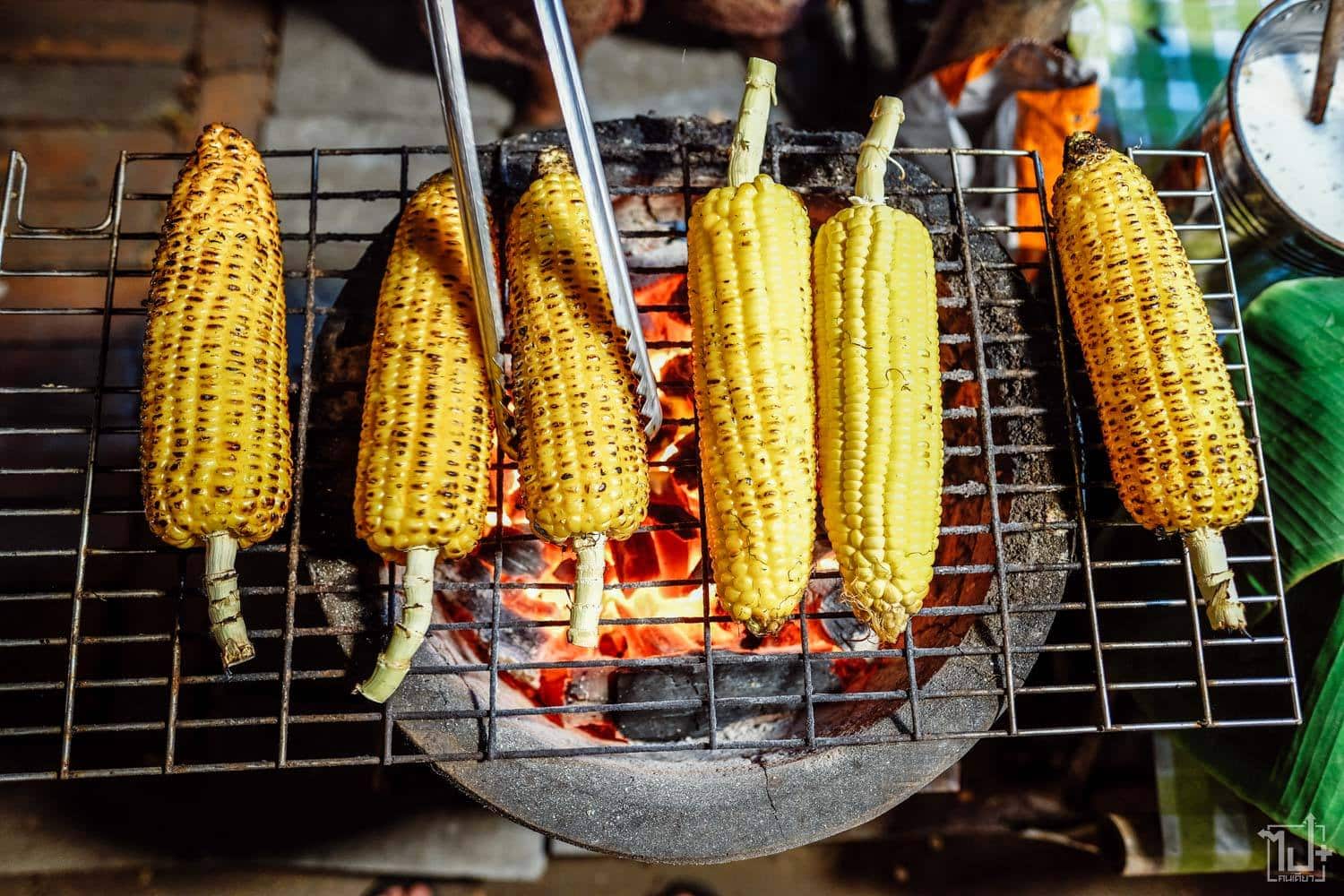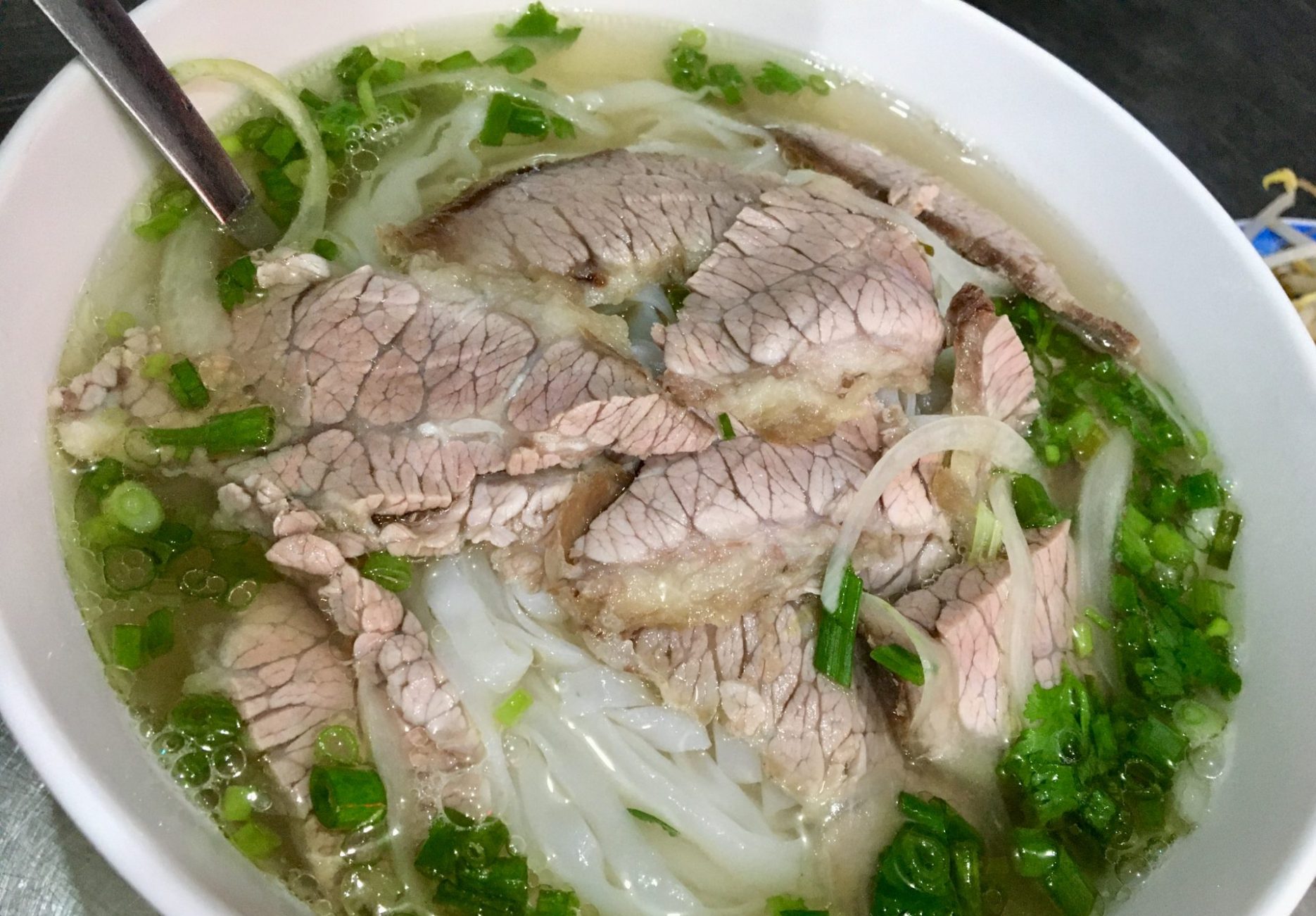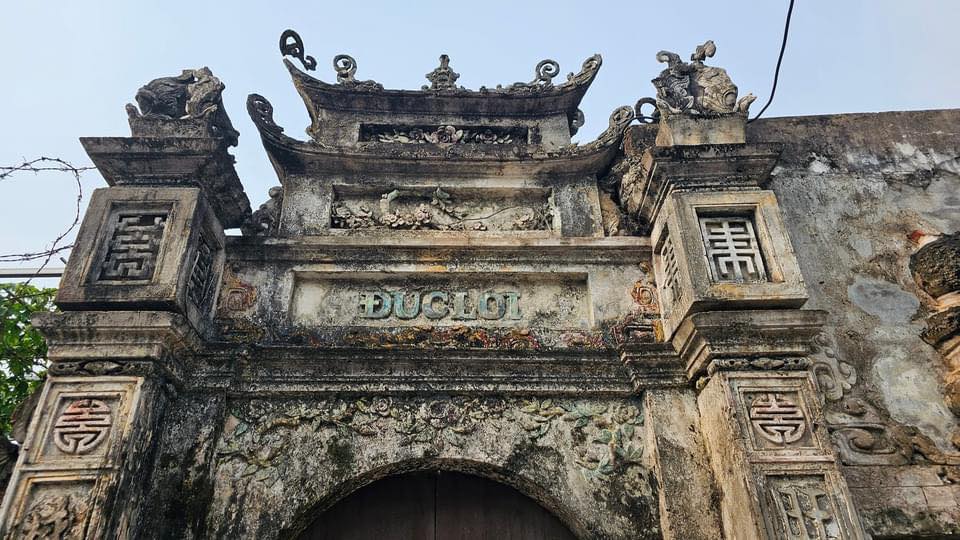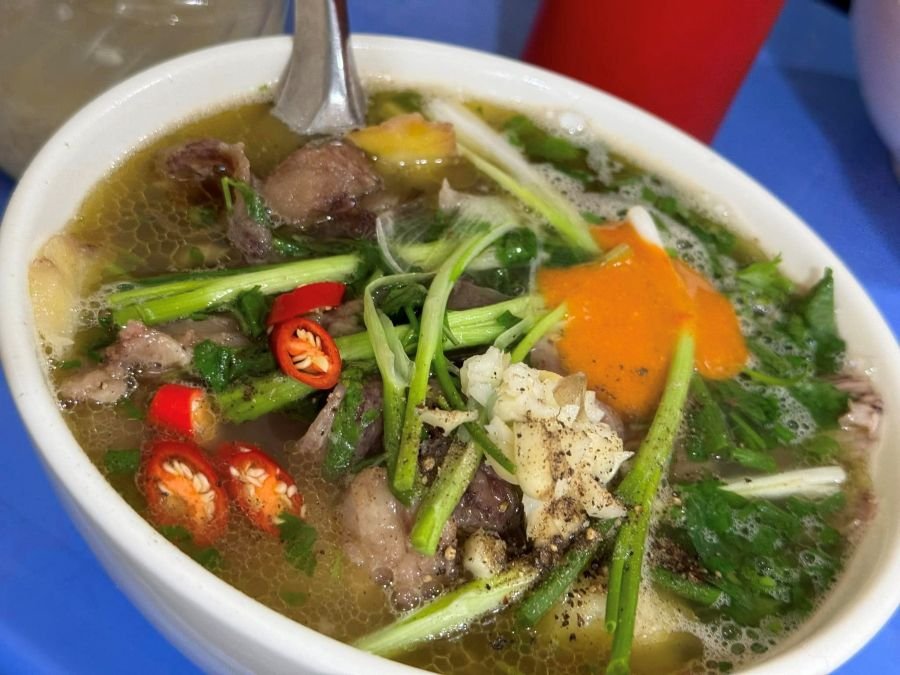Hanoi pho was officially recognized as a National Intangible Cultural Heritage on November 29, 2024. Bui Hoai Son, Standing Member of the National Assembly’s Committee on Culture and Education, shared with The Hanoi Times that this designation elevates the profile of pho and highlights its significant role in Hanoi’s culinary traditions.
What does it mean for the city and the nation to have “Hanoi Pho” declared an Intangible Cultural Heritage?
This recognition is a profound acknowledgment of the cultural and historical significance of pho. It elevates this beloved dish from a culinary treat to a cultural icon, a symbol of Hanoi’s identity and Vietnam’s ingenuity and tradition.
Pho is much more than a bowl of noodles; it’s a testament to our rich heritage. This designation underscores its historical importance and the need to preserve it in the face of globalization. For Hanoi, it is an opportunity to share its culinary excellence with the world. For Vietnam, it’s a reminder of the richness of our culture and our shared responsibility to preserve it for future generations.
How does this designation help preserve and develop Vietnamese traditional food culture?
It ensures that the art of pho making, its techniques, recipes, and cultural essence will be passed on to future generations. It demonstrates the need for communities, especially in Hanoi, to preserve traditional culinary practices while adapting to the demands of modern life.
For businesses and artisans, the designation of pho as a national intangible heritage is a strong incentive to maintain quality and authenticity. It encourages them to resist the pressures of over-commercialization that could dilute the original spirit of pho.
At the same time, it opens up new opportunities for research and innovation. Young chefs and food enthusiasts can build on traditional recipes to create fresh interpretations that honor the dish’s roots. This balance between tradition and creativity ensures that our culture thrives.
We then explored the global implications of this move, particularly in promoting Hanoi pho as an ambassador for Vietnamese culture around the world.
In what way does the status of national intangible cultural heritage have an impact on the promotion of pho and Vietnamese cuisine internationally?
“Hanoi pho‘ is now more than a dish – it is a cultural ambassador for Vietnam. Its heritage status will bring it more followers, and more attention from the media and culinary institutions, and make it a centerpiece of Vietnam’s cultural diplomacy.
It creates an opportunity to showcase Vietnamese cuisine globally. The stories of pho will reach a wider audience through documentaries, food festivals, and international events, deepening the world’s understanding of our culture and history.
In addition, pho restaurants in Vietnam and abroad can use this heritage status to emphasize authenticity and cultural significance, which not only wins them customers, but also strengthens the global reputation of Vietnamese cuisine.”
What benefits can Hanoi’s Pho restaurants expect from this recognition?
This is a turning point for pho restaurants, especially those in Hanoi, and gives them both a responsibility and a privilege – encouraging them to honor the traditional values of pho while raising their standards.
Each restaurant or stall has the potential to become a cultural landmark. By focusing on quality, storytelling, and authentic experiences, they can attract both locals and tourists eager to explore the heritage behind each bowl.
In addition, this status brings economic opportunities. From boosting tourism to inspiring new culinary ventures, pho‘s heritage status is a catalyst for growth. More importantly, it instills pride and responsibility in those who make and serve this iconic dish.
No longer just a comforting bowl of soup, Hanoi pho is a living legacy that bridges Vietnam’s past and future. With its newfound designation as a national treasure, it continues to inspire pride, preserve tradition, and connect Vietnam to the world, one steaming bowl at a time.
Thank you, Dr. Bui Hoai Son, for sharing your invaluable insights on this cultural milestone.
| Starting December 1, 2024, the Economics & Urban Newspaper will launch a new feature titled “The Essence of Hanoi Cuisine,” in collaboration with the Hanoi Department of Culture and Sports and supported by Acecook Vietnam. This initiative aims to deepen the understanding of pho’s origins and its evolution as both a dish and a craft, addressing the diverse perspectives surrounding its history.To further enhance pho’s appeal and accessibility, Hanoi plans to create a Hanoi Pho Map. This project will provide locals and tourists with curated recommendations and detailed guides to the best pho establishments across the city, selected based on thorough surveys and standardized criteria. The pho map is envisioned not only as a tool for culinary exploration but also as a platform to promote Hanoi’s gastronomic heritage.In addition, Hanoi will focus on supporting the artisans who hold the skills and knowledge of pho-making. This includes fostering mentorship programs to pass down techniques to future generations, recognizing and rewarding artisans for their contributions, and assisting pho vendors in branding, spatial planning, and maintaining food safety standards. Efforts will also be made to develop dedicated pho spaces within the city, creating a network of experiences centered around this iconic dish.Hanoi pho has enriched Vietnam’s culinary identity on a global scale. With its inclusion in prestigious dictionaries and its presence in over 50 countries, pho has transcended its origins to become a global ambassador of Vietnamese culture. In 2023, Hanoi pho was officially recognized as a national intangible cultural heritage. This recognition not only fills Hanoians with pride but also paves the way for advancing efforts to include pho in UNESCO’s Representative List of the Intangible Cultural Heritage of Humanity. |








